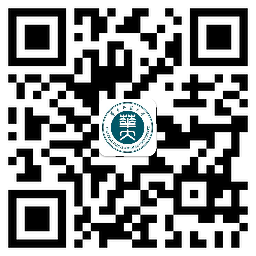The Qingming Festival, also known as the Ancestor Festival and the Tomb Sweeping Festival, falls around April 5th each year, marking one of the 24 solar terms of the lunar calendar. Originating in the Zhou Dynasty over 2,500 years ago, it symbolizes the transition between mid-spring and late spring. Rooted in ancient ancestral beliefs and sacrificial customs, the Qingming Festival carries both natural and cultural significance.
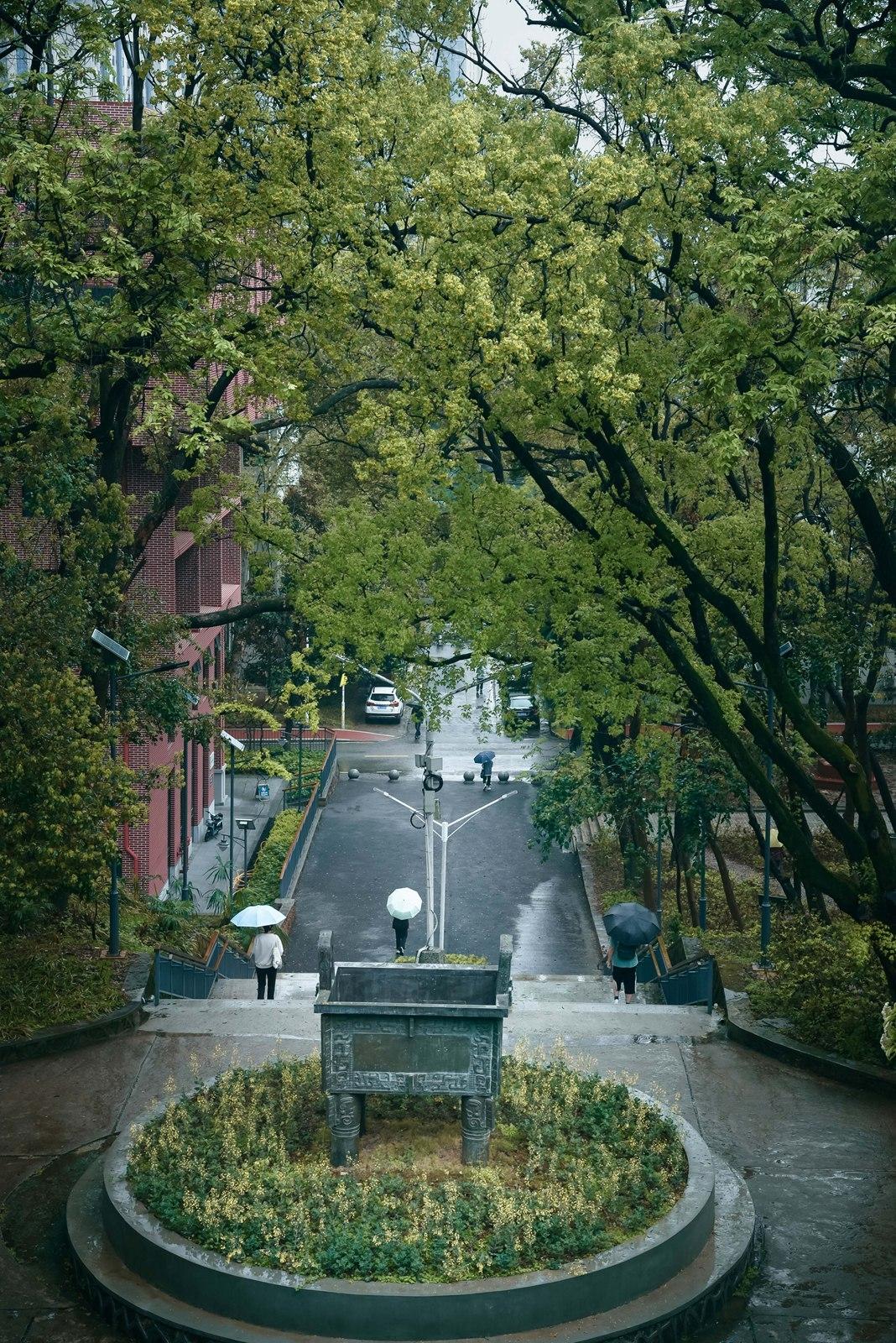
Recognized as a national intangible cultural heritage by the State Council on May 20, 2006, the Qingming Festival stands out among the twenty-four solar terms as the only one that combines both a solar term and a festival. The festival's name is closely tied to the prevailing weather conditions during this period.
As an integral part of the Qingming Festival, its rituals and customs, such as sacrificial rites and family outings, largely stem from the Cold Food Festival and the Shangsi Festival. The festival's primary objective is to uphold filial piety and familial bonds, evoking shared memories within families, and fostering a sense of unity and belonging among family members and the broader community. The Cold Food Festival holds roots in ancient people's comprehension of nature. In Chinese culture, the rekindling of fire after a period of consuming cold meals signifies a transitional ritual, bidding farewell to the old and embracing the new. This ritual signifies the changing of seasons, symbolizing the onset of a fresh season, renewed hope, life, and cyclical renewal. Over time, it has evolved to encompass the notion of "gratitude", emphasizing a deeper sense of nostalgia and appreciation for the past.
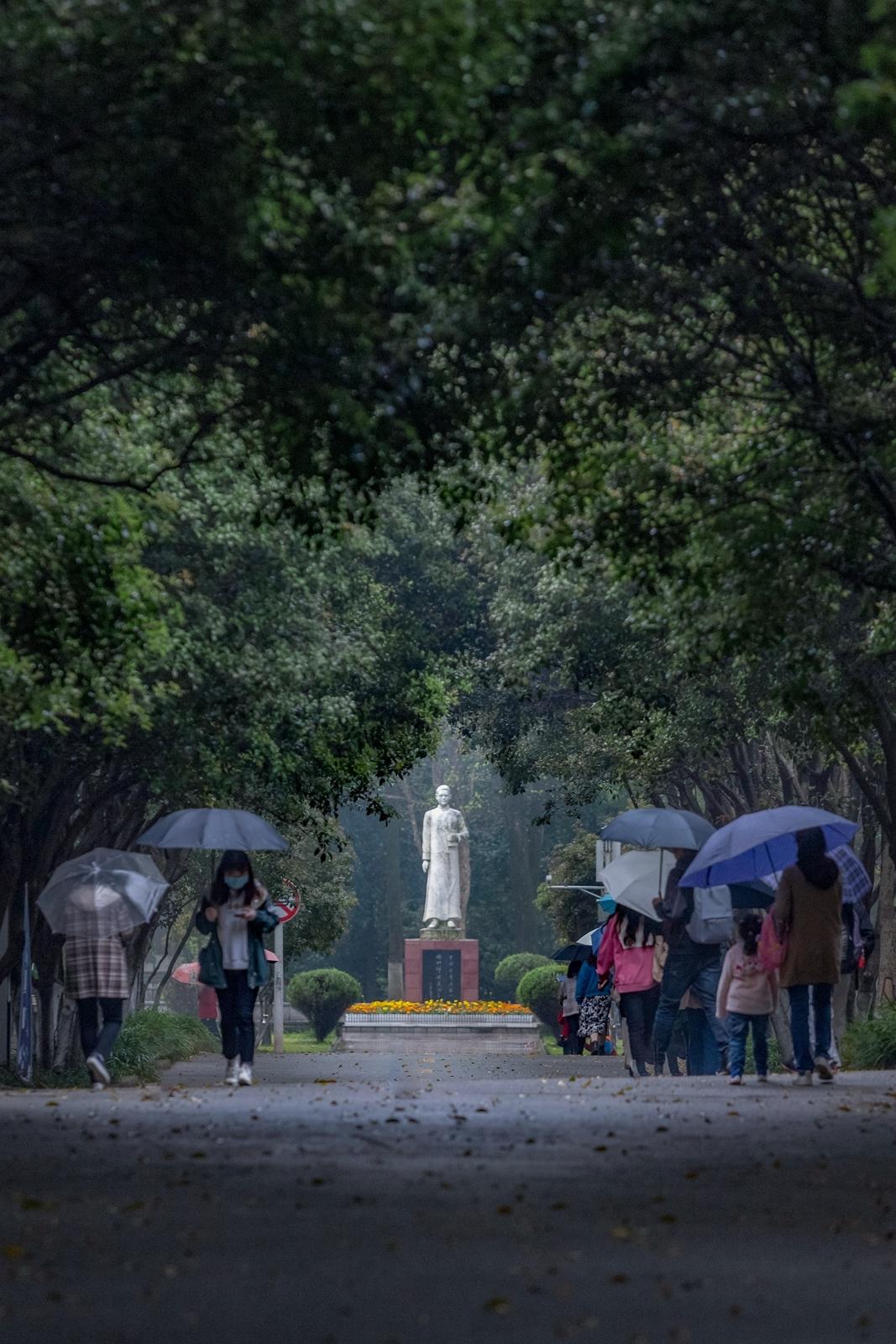
Originally, the Cold Food Festival and Qingming were distinct yet sequential festivals. The former centered around nostalgic mourning, while the latter focused on seeking blessings for the future, representing the yin and yang, the balance of life. These two festivals shared a symbiotic relationship, where the prohibition of fire during the Cold Food Festival aimed to generate new fire, while the act of tomb sacrifices during Qingming was intended to safeguard life. This intrinsic cultural association between the Cold Food Festival and Qingming underscores their close connection and shares cultural significance.
The Qingming Festival holds significant traditional value in our country, serving as the foremost sacrificial event dedicated to honoring ancestors and tending to their graves. Tomb-sweeping, a widely recognized practice, involves paying respects to the deceased by visiting their graves. Most Han Chinese, along with some ethnic minorities, observe this custom during the Qingming Festival. Following age-old traditions, individuals bring offerings like wine, food, fruits, paper money to the cemetery. They ceremoniously place food offerings to the graves of their loved ones, burn incense and the paper money as a symbolic offering, renew the soil around the tomb, and adorn it with fresh green branches. This ritual is often concluded with acts of reverence and homage, followed by shared wine and food before returning home.
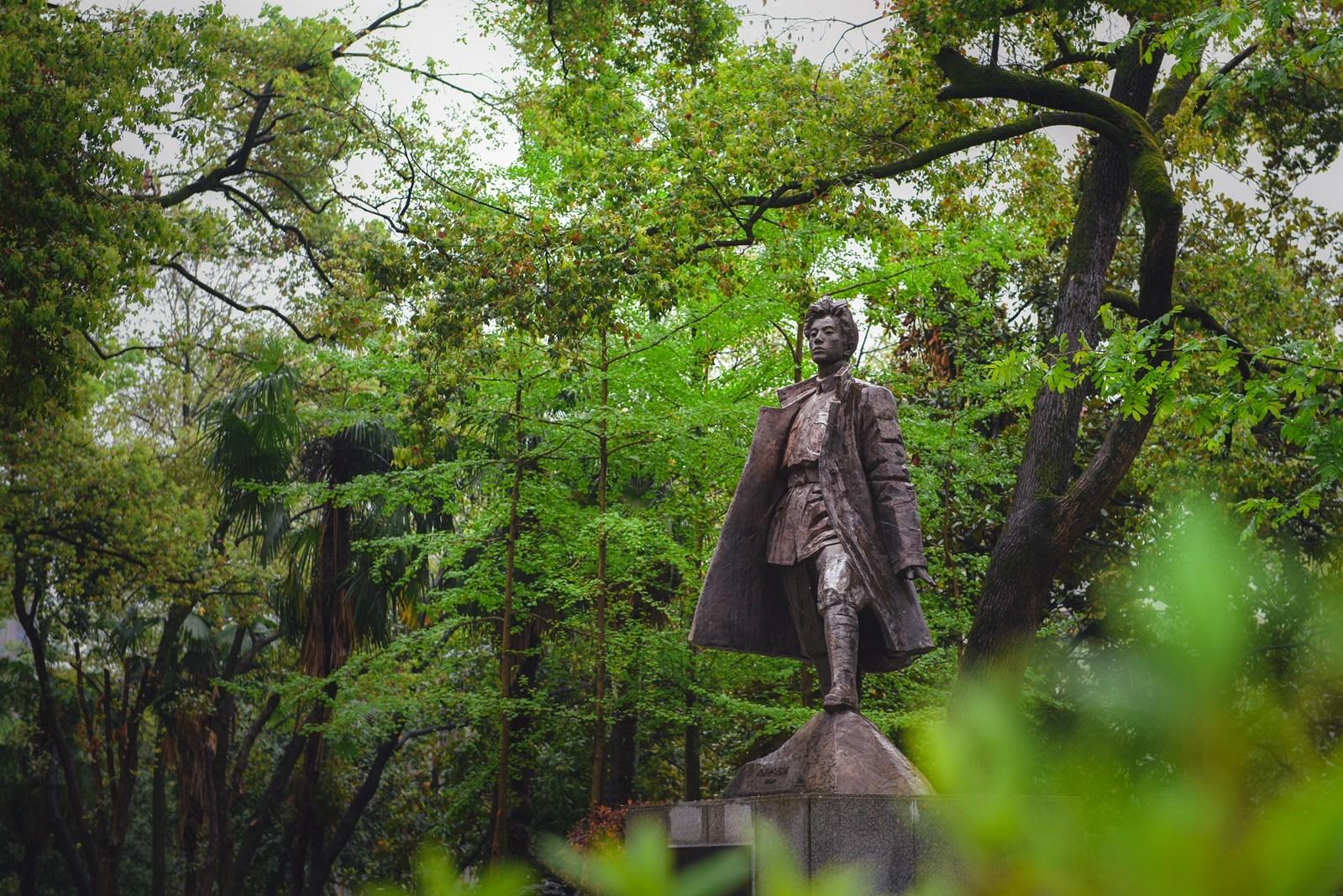
Even today, the customs of venerating ancestors and mourning departed relatives prevails as integral aspects of the Qingming Festival. Beyond tomb-sweeping and observing fire prohibitions, the festival encompasses a diverse array of customs and recreational activities, including leisurely walks, swinging, polo matches, and planting willow trees. Let's delve into ancient traditions and activities associated with the Qingming Festival.
Swinging
The custom of swinging during the Qingming Festival dates back to ancient China. Originally known as "Qianqiu", it involved pulling a leather rope to create movement. Over time, to avoid taboos, it transitioned into the more commonly recognized swing. Early swings were typically constructed from tree branches and adorned with ribbons. As the tradition evolved, swings with two ropes and pedals became prevalent. Swinging not only promotes physical health but also fosters courage, making it a cherished activity, particularly among children.
Cuju
Cuju involves kicking a leather ball, known as "Ju", filled with wool, making it a beloved game during ancient Qingming Festivals. Legend has it that this game was invented by the Emperor as a means to train warriors.
Outing
Also known as a spring outing, this activity was referred to as "exploring spring" or "looking for spring" in ancient times. March, with its vibrant display of natural renewal, marks an ideal time for outings. The tradition of venturing out during the Qingming Festival has been upheld by people throughout our country for generations.
Tree Planting
Both before and after the Qingming Festival, the spring season brings ample sunshine and gentle rains, providing optimal conditions for the panting of saplings. Since ancient times, tree planting during the Qingming Festival has been a cherished tradition in our country. Some even refer to the Qingming Festival as "Arbor Day". This custom has endured throughout the ages. In 1979, the Standing Committee of the National People's Congress designated March 12th of each year as China's Arbor Day, a move of significant importance in mobilizing the public nationwide to actively engage in greening activities.
Kite Flying
Kite flying is another beloved activity during the Qingming season. People fly kites not only during the day but also at night. In nighttime kite flying, small colorful lanterns are often attached to the kite or the string, creating a mesmerizing spectacle reminiscent of twinkling stars, known as "magic lantern". In the past, some individuals would release their kites into the sky and cut the strings, allowing the breeze to carry them away, believed to ward off illnesses and bring good fortune.
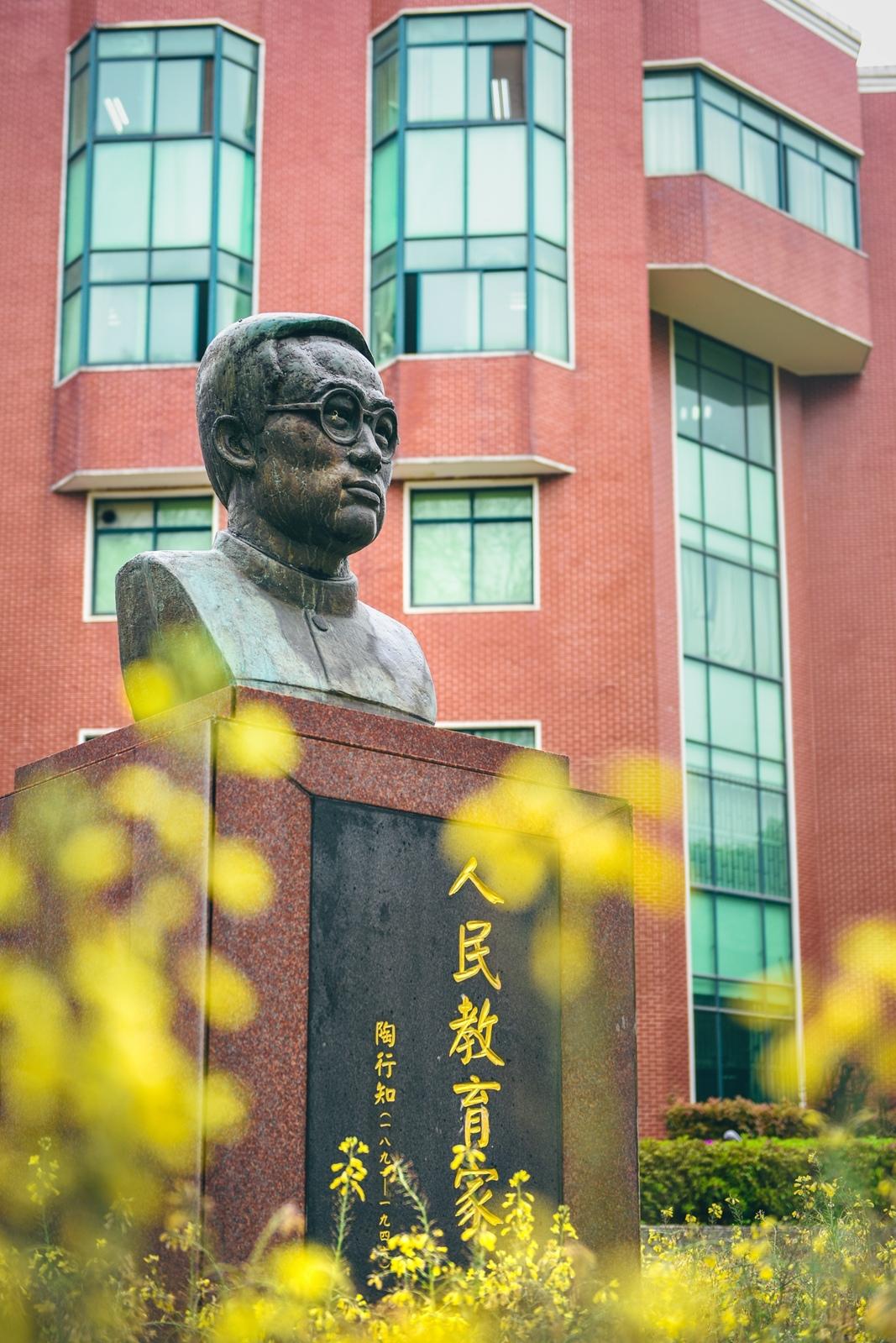
To this day, alongside the somber rituals of ancestor worship and tomb-sweeping, the Qingming Festival features a rich tapestry of customs and recreational activities. From adhering to the fire bans and tending to graves to participating in sports and leisurely outings, the festival embodies a blend of humanistic traditions and natural phenomena. This harmonious convergence reflects the traditional Chinese ethos of unity with nature, portraying humans as integral components of the natural world and advocating for harmonious coexistence.


